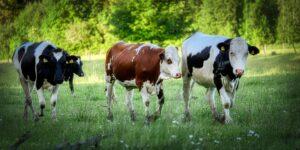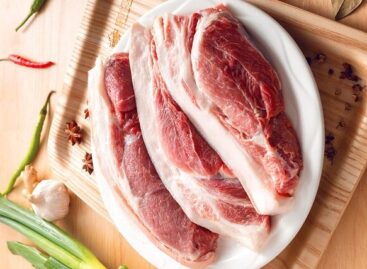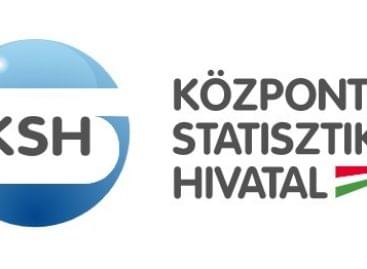Reducing GHG emissions related to animal husbandry is one of the biggest challenges
The organization called “Animal Task Force” published the latest research results on greenhouse gas emissions linked to the livestock industry in the framework of a series of conferences organized jointly with the European Association of Animal Science, with special emphasis on methane emissions, metrics for measuring emissions and emission mitigation tools.

(Photo: Pixabay)
While from a social point of view, food security has become a strategic issue all over the world, the adverse effects of climate change present new and new challenges to farmers. Although agricultural production ─ and livestock breeding within it ─ is only to a lesser extent responsible for negative environmental changes, more and more strict restrictions are being incorporated into European Union regulations, which make it more difficult for farmers to adapt and to produce economically. Those active in animal husbandry therefore have several burdens at the same time, on the one hand they must comply with the new regulations for climate and environmental protection, on the other hand they must adapt to the challenges of climate change, and in addition they must contribute to a safe, high-quality and sustainable food supply and to maintaining the continuity of agricultural production.
Today, therefore, the emission of greenhouse gases (GHG) related to animal husbandry has become one of the most significant issues for both farmers and decision-makers, and the reduction of emissions in a sustainable manner from a social, economic and environmental point of view has become one of the biggest challenges of the sector. – writes NAK.
In view of the above, the European partnership organization “Animal Task Force” (ATF), which aims to create a sustainable and competitive European livestock sector through knowledge transfer and innovation, together with the European Animal Science Association (EAAP) launched a series of conferences bringing together international professional organizations, research institutes, farmers , with the involvement of industrial actors, civil organizations and political decision-makers. Within the framework of the series of events, the latest research results on GHG emissions related to animal husbandry were outlined, with particular emphasis on the role of methane, the metrics used to measure emissions, and the various mitigation tools. The lectures held in the framework of the conference series touched on many issues that almost never appear in discussions about the GHG emissions of animal husbandry, and which are never mentioned in the so-called “green issues” represented by NGOs with extreme views.
Related news
Dishes made from Hungarian pork should be on the holiday table!
Not only fish dishes are in the spotlight during the…
Read more >In addition to delicious desserts, poppy seeds are the raw material for many of our medicines
Poppy seeds are not only excellent as a traditional raw…
Read more >KSH: Agricultural output in 2024 fell by 8.0 percent compared to the previous year
The total output of agriculture in 2024 amounted to over…
Read more >Related news
The Joy of Giving! – SPAR stores collect non-perishable food for people in need
The Hungarian Maltese Charity Service and SPAR Hungary have launched…
Read more >Technological advancements and business travel
The latest research from International Workplace Group (IWG), the leading…
Read more >K&H: a gift, but what and from which store?
When it comes to Christmas gift-giving, clothes are the most…
Read more >








